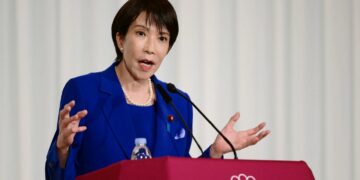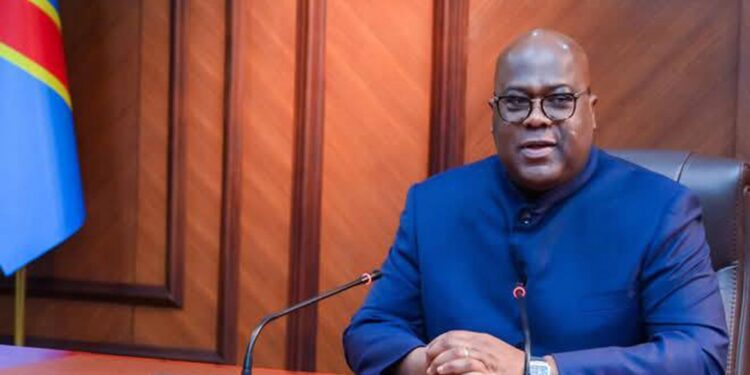By Enyichukwu Enemanna
A state audit has uncovered how mining companies operating in the Democratic Republic of Congo (DRC) underreported the sum of $16.8 billion in revenue between 2018 and 2023, potentially reducing funds for the government to run its budget and local communities where mining activities take place.
Congo’s 2018 mining code allows firms to contribute at least 0.3% of annual revenue to community development funds, usually deployed to support schools, clinics and water systems.
According to a June financial audit by the country’s Court of Auditors, sighted by Reuters and previously unreported, it was discovered that mining companies declared $81.4 billion to the development funds, but reported $98.2 billion to tax authorities, leaving a $16.8 discrepancy.
Despite its huge mineral deposits, especially cobalt and copper which are crucial elements in battery manufacturing, DRC is ranked among the poorest countries in the world.
The discrepancy resulted in $50.4 million in lost contributions to development funds, the audit report said.
The audit report named CMOC, TFM, Glencore, Kamoto Copper, Ivanhoe, Kamoa-Kakula mine, SICOMINES, Eurasian Resources Group’s Metakol and Ruashi Mining as collectively underreporting $10 billion.
The country’s number two cobalt exporter, Glencore said its subsidiary Kamoto Copper had fully met its obligations under the mining code, adding that the discrepancy reflected is as a result of interpretation of when the code took effect.
It added that its 0.3% community levy was calculated on half-year revenues and validated by auditors and the local development agency.
CMOC, the world’s top cobalt exporter, SICOMINES, Ivanhoe, Eurasian and Ruashi did not respond to requests for comment, Reuters report says.
“Practically, 70% of the companies did not respect this regulation … and it’s an enormous loss of earnings for the Congolese state,” said attorney general Jean Chris Mubanga Musuyu in response to questions about the report’s findings.
The Court of Auditors recommended that the government suspend non-compliant firms and pursue prosecutions, mandate revenue audits and enforce stricter oversight.



































